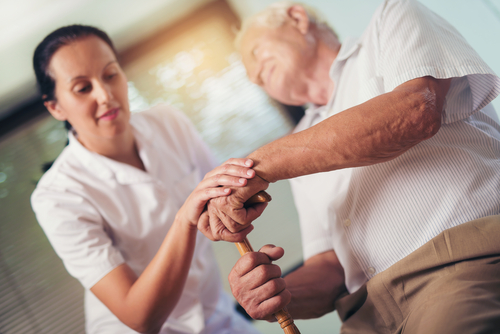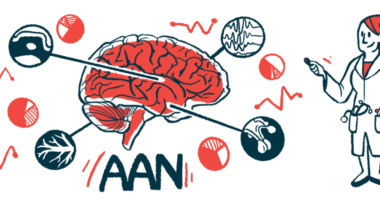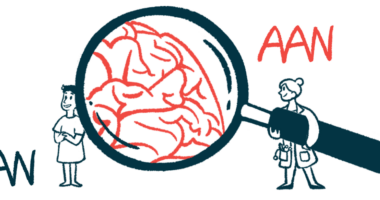Brain Training, Medication Could Reduce Parkinson’s Patients’ Falls, Study Reports

Brain training can improve the mobility and reduce the risk of falls among older people with dementia and cognitive impairment, a study reports.
Another finding was that medication that improves cognition can decrease the risk of Parkinson’s patients falling.
The research, “Falls in Cognitively Impaired Older Adults: Implications For Risk Assessment And Prevention,” was published in the Journal of the American Geriatrics Society.
Recent studies have shown that in addition to muscle, joint and sensory impairment, cognitive dysfunction — difficulty thinking and making decisions — plays a key role in falls.
In older people, dementia and falls frequently co-exist. In fact, walking difficulties and falls are a bigger problem in those with dementia than in those with normal cognition. And the problem increases with the severity of cognitive impairment.
In the U.S., about a third of older adults fall every year. They are a major cause of medical problems.
This is especially true for people with dementia or other cognitive problems. They are five times more likely to be admitted to long-term care facilities. They are also at higher risk of fractures, head injuries, and death than older people without dementia.
To identify strategies to prevent falls and better assess the link between walking and cognition, Canadian scientists reviewed several studies that dealt with the role cognitive function plays in falls. They also looked at ways of improving cognitive function as a potential strategy for preventing falls.
A key finding was that poor performance on tests of a person’s ability to pay attention and on their decision-making correlated with slow and unstable walking, and falls. Another finding was that medications that improve cognition, such as the central nervous system stimulant methylphenidate (Ritalin), can decrease Parkinson’s patients’ falls.
The team also discovered that lower levels of the neurotransmitter acetylcholine in the brain increase the chance that Parkinson’s patients will have attention problems, walk very slowly, and fall. Treatments that can increase acetylcholine levels could improve patients’ movement, they said.
“Mounting evidence supports [the idea] that pharmacological interventions may reduce falls in [Parkinson’s] populations,” the researchers wrote. They called for testing such treatments in patients prone to falling to see whether they can reduce the problem.
In addition, the team said certain types of brain training — cognitive training, cognitive and motor dual‐task training, and virtual reality training — might be able to improve the mobility of sedentary older people and those with cognitive impairment and dementia.
The team also found that people with mild cognitive impairment were at greater risk of developing dementia and falling. This means doctors should offer fall-reduction strategies to this group in particular, the researchers said.
“[Understanding] the mechanism and contribution of cognitive deficits in fall risk may open new treatment approaches,” they concluded.






